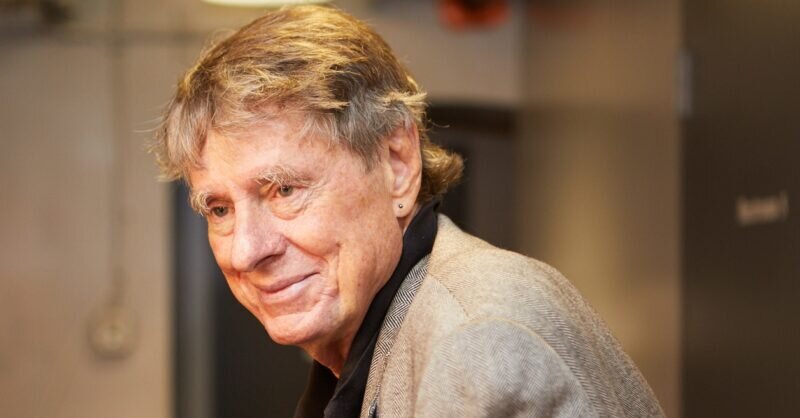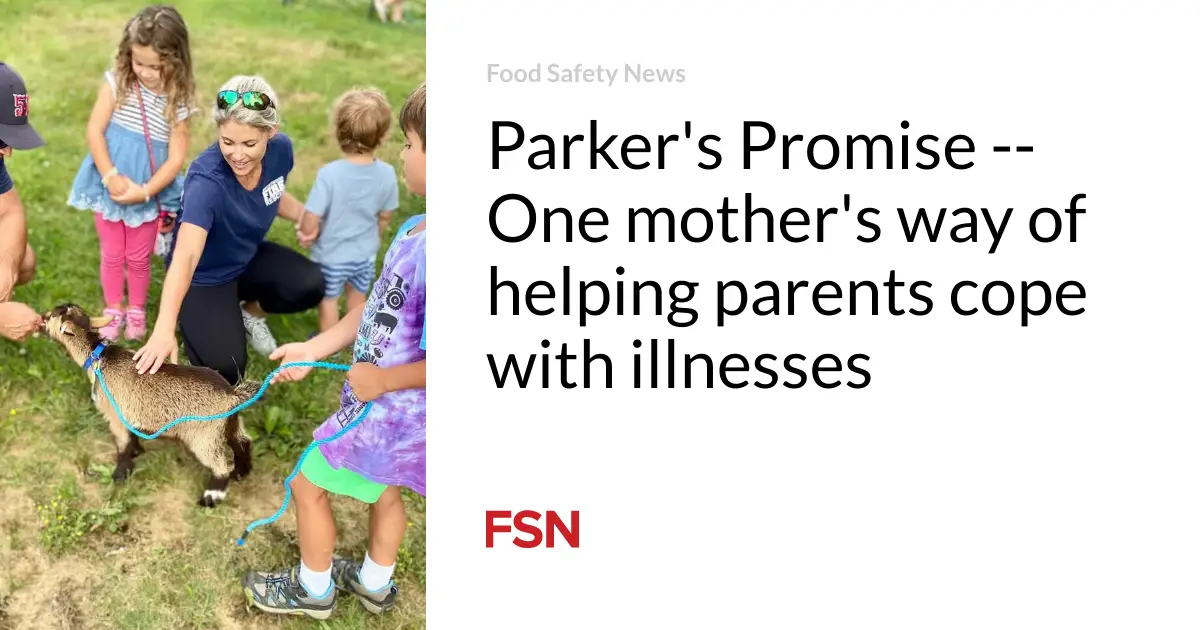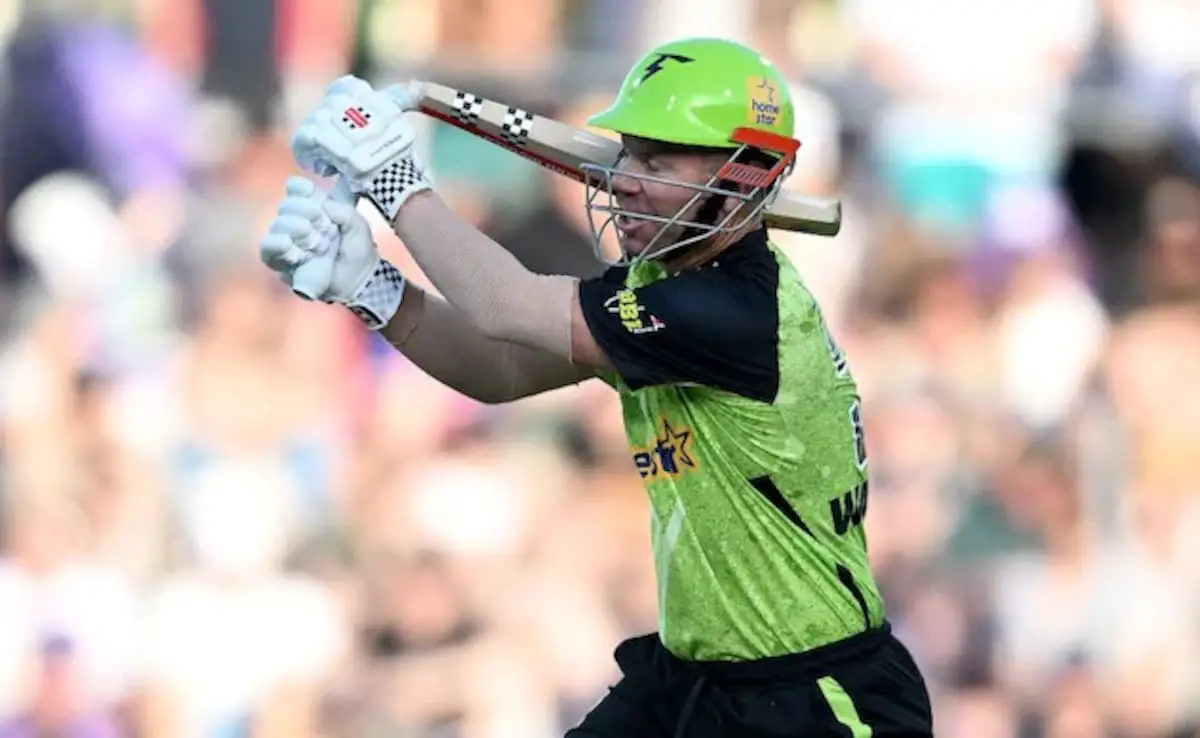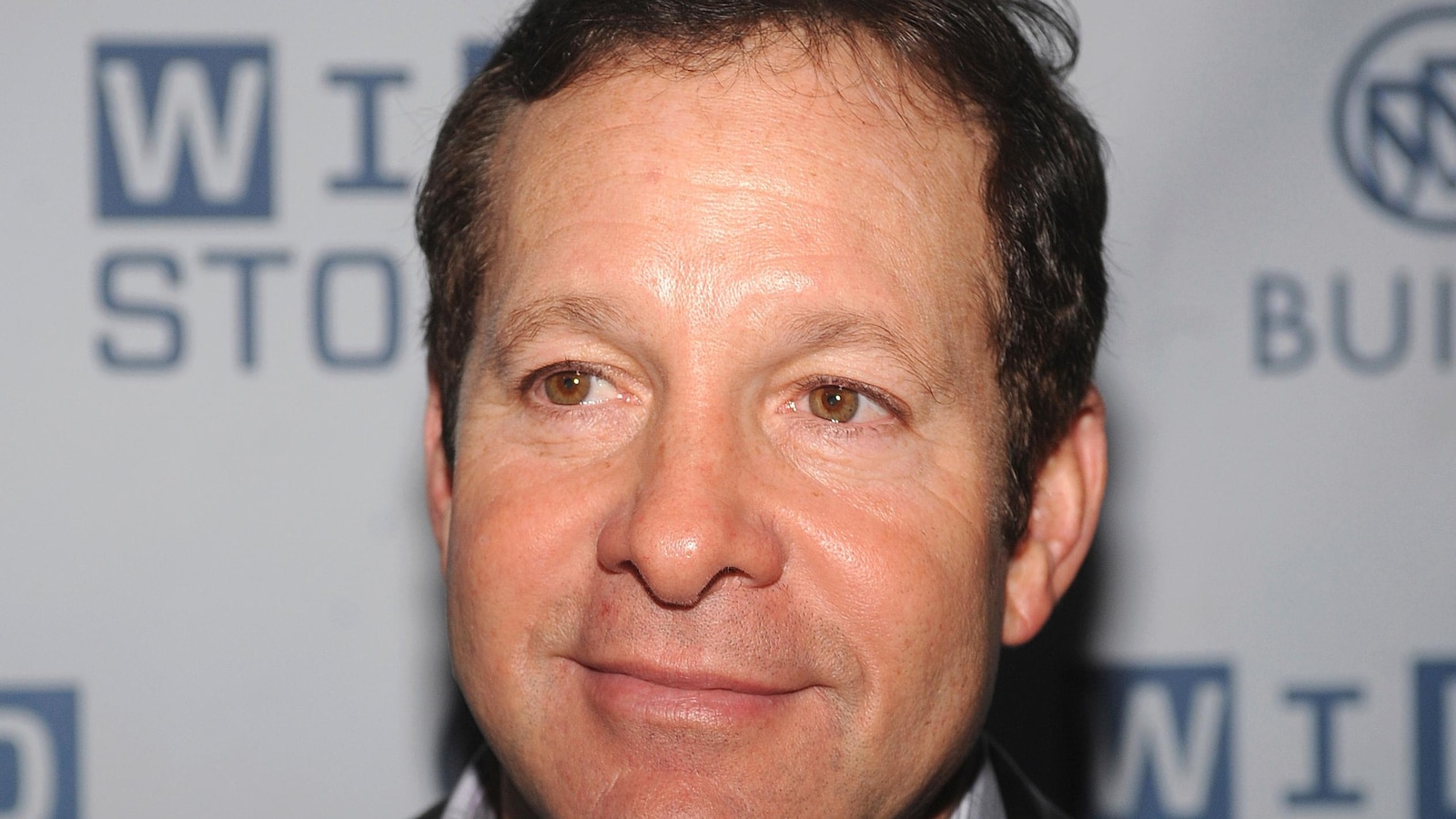More than 500 adverse neuropsychiatric reactions have been reported in children under the age of nine involving an asthma drug which is to get new warnings over its risks.
The Medicines and Healthcare products Regulatory Agency (MHRA) announced last week that more prominent warnings would be added to the information provided on boxes of the asthma drug montelukast, sold under the brand name Singulair.
Officials announced the move after concerns were raised by families over reported side effects, which can include sleep disorders, aggression and depression. Many parents say they were not properly warned of the risks.
Dr Alison Cave at the MHRA said: “Patient safety is our top priority. We have now taken regulatory action to update the leaflet included in all montelukast medicine packs in the UK with prominent warnings and advice about the risk of serious behaviour and mood-related change.”
The Yellow Card scheme for the reporting of suspected adverse side effects in drugs has recorded 1,282 reports of suspected neuropsychiatric adverse drug reactions to montelukast. The figures show there were 541 adverse psychiatric reaction reports for children aged 0-9 between 1998 and 31 March 2024. This compares with 141 for young people aged 10-19 and 155 for adults aged 20-39.
Graham Miller, from south-west London, whose son Harry killed himself aged 14 in February 2018, welcomed the new warnings. Harry’s mother, Alison Miller, said she was convinced the drug had led to her son’s death and the couple would like to see their son’s inquest reopened. Graham said of the warnings: “We feel it brings some meaning to Harry’s death because it alerts other kids to the dangers.”
An action group supports families who believe their children have suffered adverse side effects. Michelle Johnstone, 44, from Northampton, said her son Fergus, now 10, had become agitated after he was given the drug at about 18 months old. “There were awful behavioural issues,” she said. “He would bang his head against the wall. He had been the most placid baby and it just came out of nowhere.”
The drug was stopped after nine months of treatment, but restarted again in October 2019. Michelle and her husband, Richard, were reluctant to start the treatment again because of the behavioural issues, but were assured by medical staff it was unlikely their son would suffer the suspected side effects again.
after newsletter promotion
The drug was stopped again in June 2022 after her son again experienced similar suspected adverse reactions to the drug. Michelle said: “When he took it, his asthma was so bad I think we would have done anything.
“I’m not sure it should be prescribed to children, especially young children, because they don’t have the capacity to tell you when something is changing in them.”
The montelukast UK action group said in a statement: “As far back as 2017, when Nice [the National Institute for Health and Care Excellence] consulted on montelukast, highlighting the potential cost saving for the NHS, patients were expressing their concerns regarding the severity of the adverse side effects [and] the potential for impact on the developing brain.”
The MHRA says the benefits of the drug continue to outweigh the risks for most patients. Officials say montelukast remains an acceptably safe and effective drug for asthma.
Organon, which is responsible for Singulair in the UK, said: “Nothing is more important to Organon than the safety of our medicines and the people who use them. Reports of adverse events are taken seriously and, as with all of our medicines, we continually monitor the safety of Singulair.”








